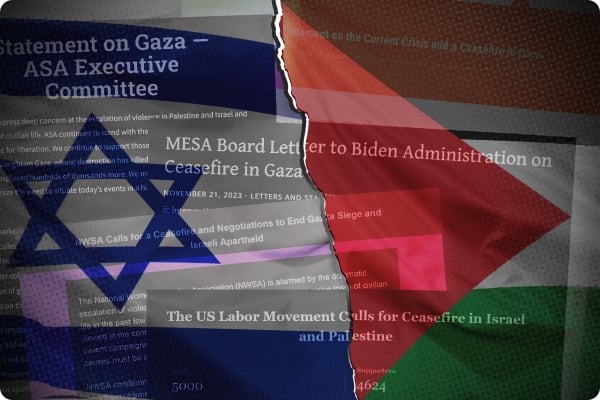In times of conflict and violence, scholarly groups often find themselves facing a difficult choice between speaking out against war or remaining silent. On one hand, scholars are tasked with seeking out truth and promoting knowledge, making it necessary for them to denounce aggression and advocate for peace. On the other hand, some scholars may believe that getting involved in political debates could compromise their objectivity and credibility.
The decision to engage in discussions on war can have far-reaching consequences for scholarly groups. By publicly condemning military actions, scholars risk facing backlash from those in power who may perceive their statements as biased or unwarranted. This could lead to the loss of funding, defamation campaigns, or even threats to their personal safety. On the other hand, remaining silent on the matter could be seen as a tacit endorsement of violence and conflict, which goes against the fundamental principles of academic integrity and ethics.
Despite these challenges, many scholarly groups have taken a stand against war and violence, using their expertise and research to raise awareness about the devastating impact of armed conflicts on communities and societies. By conducting rigorous studies and disseminating information about the human costs of war, these groups aim to foster understanding and empathy among policymakers and the general public. They also work towards promoting peaceful solutions to conflict and advancing dialogue and reconciliation.
At the same time, some scholarly groups choose to adopt a neutral stance on war, refraining from making any public statements or taking a position on military actions. While this approach may safeguard their reputation and independence, it could also be perceived as a form of complicity in the face of injustice and violence. By remaining silent on critical issues such as war, scholars risk eroding their moral authority and credibility, as well as failing to fulfill their social responsibility as intellectuals and educators.
In the end, the decision to speak out or stay silent on war is a complex and deeply personal one for scholarly groups. It requires a careful consideration of the risks and benefits associated with each course of action, as well as a commitment to upholding the values of truth, justice, and compassion. While there may be no easy answers to this dilemma, one thing is clear: in times of war and conflict, scholars have a vital role to play in shaping public discourse, challenging injustice, and advocating for peace.



